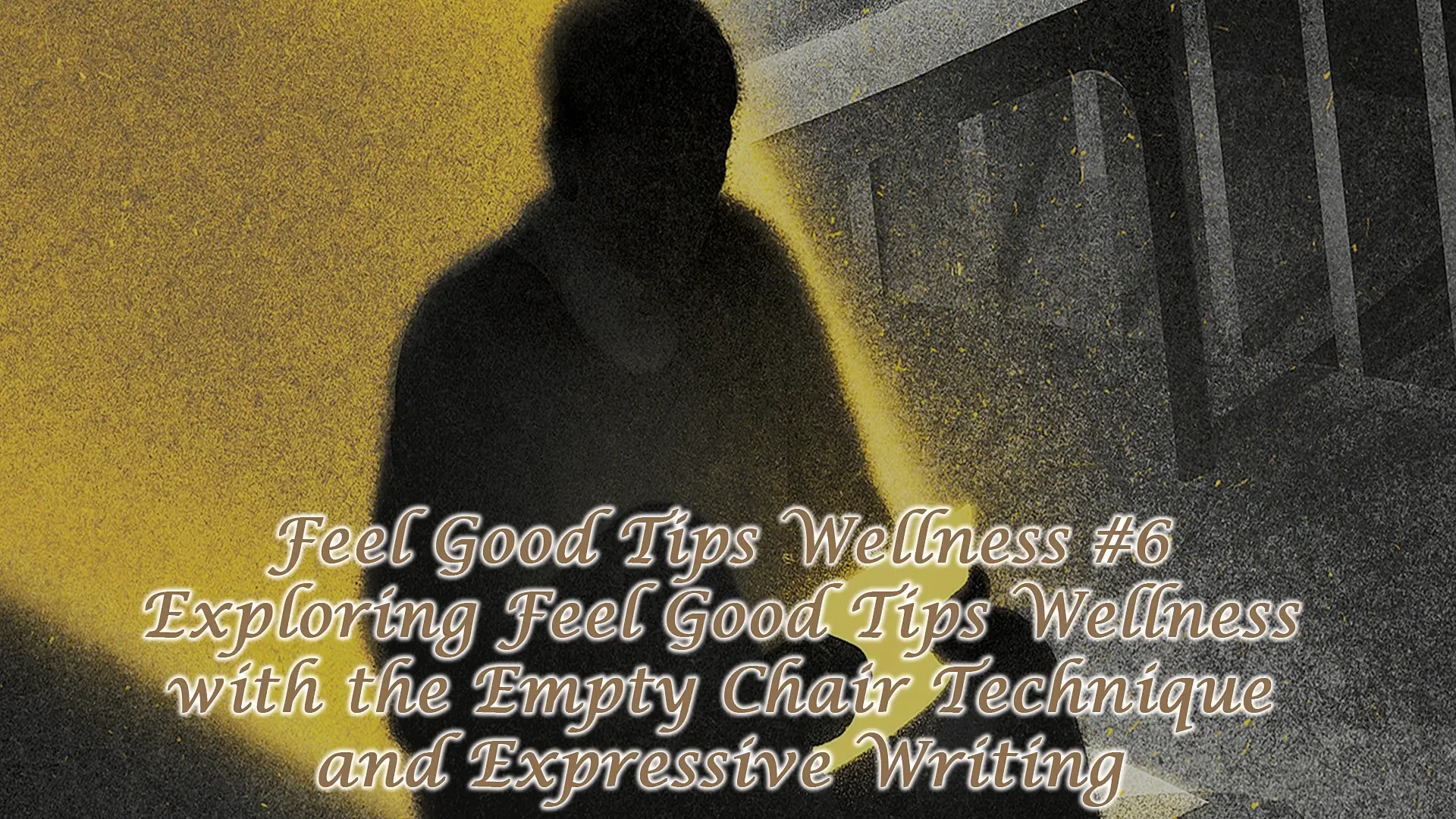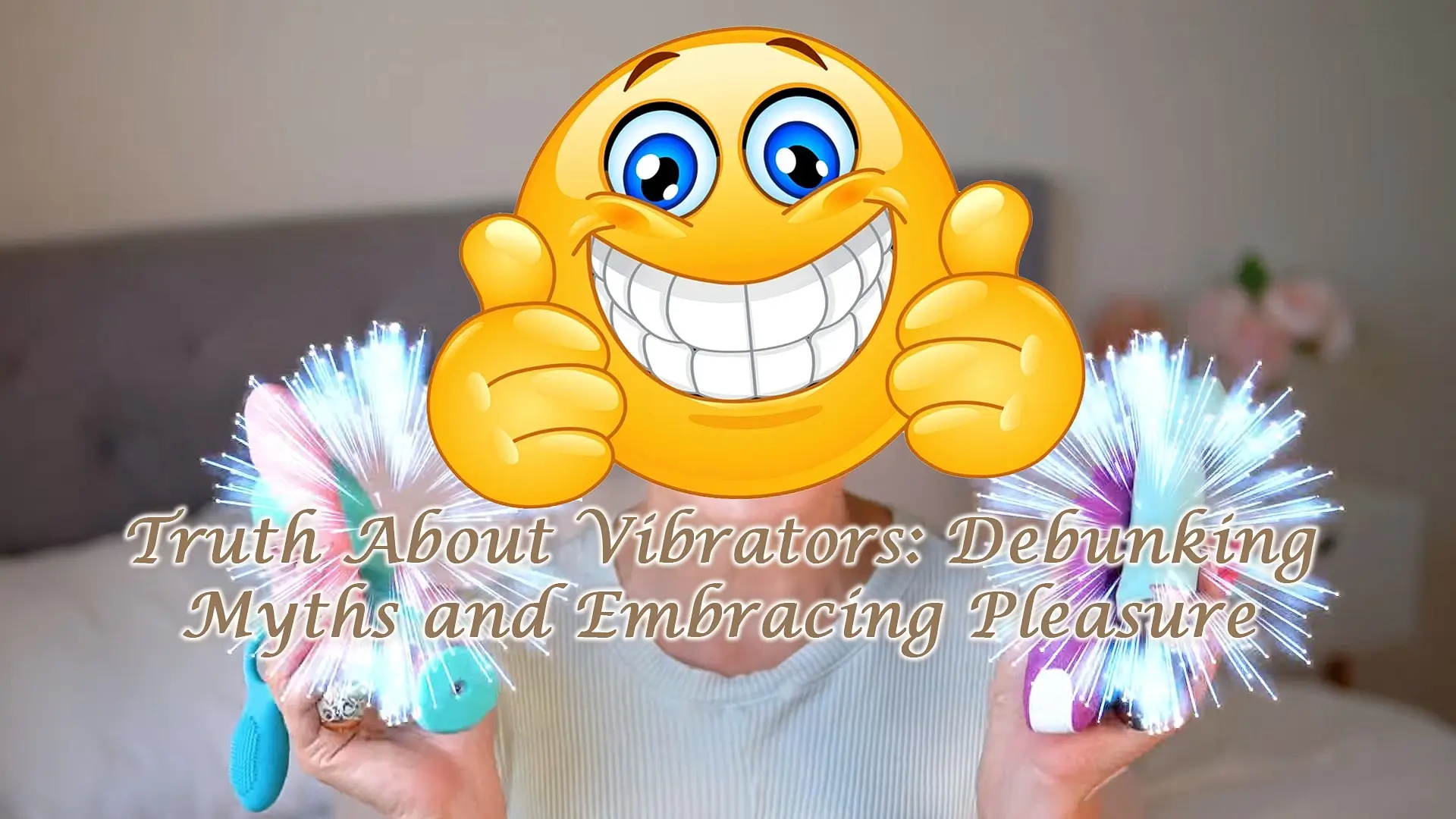Enhance Your Well-Being: Exploring Feel Good Tips Wellness with the Empty Chair Technique and Expressive Writing
In the pursuit of maintaining a balanced and positive outlook on life, exploring various techniques to enhance well-being is essential. Among the plethora of approaches available, two powerful methods have gained recognition for their effectiveness in promoting emotional healing and personal growth: the Empty Chair Technique and Expressive Writing Techniques. These methods, when incorporated into your routine, can significantly contribute to your overall wellness and cultivate a sense of inner peace and fulfillment.
The Empty Chair Technique: Facing Inner Dialogues
Originating from Gestalt therapy, the Empty Chair Technique is a therapeutic tool used to address unresolved conflicts, emotional distress, and internal struggles. It involves imagining a person or aspect of oneself in an empty chair and engaging in a dialogue with them, facilitating self-awareness, empathy, and emotional processing.
How to Practice the Empty Chair Technique:
- Identify the Issue: Begin by pinpointing the specific issue or emotion you wish to address. It could be anything from past grievances to unresolved feelings or self-limiting beliefs.
- Visualize the Chair: Imagine an empty chair placed opposite you, representing the presence of the person or aspect of yourself you want to engage with.
- Dialogue: Speak aloud or internally to the empty chair, expressing your thoughts, feelings, and concerns as if addressing the person or aspect directly. Allow yourself to speak honestly and openly, exploring the depths of your emotions without judgment.
- Switch Perspectives: After expressing your thoughts, take a moment to switch positions and sit in the empty chair yourself. Respond as if you were the other person or aspect, offering insights, understanding, and compassion to your initial concerns.
- Reflect and Integrate: Once the dialogue concludes, take time to reflect on the insights gained and how they relate to your inner world. Consider how you can integrate these newfound understandings into your daily life to promote healing and growth.
Expressive Writing Techniques: Unleashing Emotional Expression
Expressive writing techniques encompass various forms of writing, including journaling, poetry, and creative writing, as tools for emotional expression and self-reflection. Research has shown that engaging in regular expressive writing can have profound benefits for mental health, including reducing stress, enhancing emotional clarity, and promoting resilience.
Tips for Effective Expressive Writing:
- Set Aside Time: Dedicate a specific time each day or week to engage in expressive writing. Creating a consistent routine can help establish a sense of comfort and familiarity with the process.
- Write Freely: Allow your thoughts and emotions to flow freely onto the page without censoring or editing yourself. Embrace the rawness and authenticity of your writing, knowing that it’s a safe space for self-expression.
- Explore Emotions: Delve into your innermost thoughts, feelings, and experiences without reservation. Use writing as a tool to explore the depths of your emotions and gain insights into your inner world.
- Reflect and Review: Periodically revisit your previous writings to reflect on your growth and progress. Notice any recurring themes, patterns, or shifts in perspective, allowing yourself to gain a deeper understanding of your journey.
- Practice Self-Compassion: Be gentle and compassionate with yourself throughout the writing process. Embrace any vulnerabilities or challenges that arise with kindness and understanding, recognizing that they are essential aspects of your growth.

Integrating Feel Good Tips Wellness into Your Routine
Incorporating the Empty Chair Technique and Expressive Writing Techniques into your daily routine can significantly contribute to your overall well-being and emotional resilience. By engaging in open dialogue with your inner self and expressing your thoughts and emotions through writing, you cultivate a deeper sense of self-awareness, empathy, and inner peace.
Additional Tips for Enhancing Well-Being:
- Mindfulness Practices: Incorporate mindfulness techniques such as meditation, deep breathing, or body scans into your daily routine to promote relaxation and presence.
- Physical Activity: Engage in regular physical activity to boost endorphin levels, reduce stress, and improve overall mood and well-being.
- Healthy Relationships: Cultivate supportive and nurturing relationships with friends, family, or community members who uplift and inspire you.
- Gratitude Practice: Dedicate time each day to express gratitude for the blessings and positive aspects of your life, fostering a sense of appreciation and contentment.
- Seek Professional Support: If you’re struggling with persistent emotional challenges or mental health concerns, don’t hesitate to seek support from a qualified therapist or counselor.
And so
Prioritizing your mental and emotional well-being is essential for leading a fulfilling and balanced life. By incorporating feel-good tips wellness practices such as the Empty Chair Technique and Expressive Writing Techniques into your routine, you empower yourself to navigate life’s challenges with resilience, compassion, and inner strength. Embrace these powerful tools as catalysts for growth, healing, and self-discovery on your journey toward greater well-being and fulfillment.
More Tips
Feel Good Tips Wellness #1 – Thought Stopping Techniques
Feel Good Tips Wellness #2 – Body Scanning Technique
Feel Good Tips Wellness #3 – Power of Aromatherapy for Positivity
Feel Good Tips Wellness #4 – Behavioral Activation
Feel Good Tips Wellness #5 – Anger Release Techniques
Feel Good Tips Wellness #6 – Expressive Writing Techniques
Feel Good Tips Wellness #7 – End of Day Reflection Questions
Feel Good Tips Wellness #8 – Quiet Anxious Thoughts Before Bed
Feel Good Tips Wellness #9 – Belly Breathing vs Diaphragmatic Breathing
Feel Good Tips Wellness #10 – Yoga Stretches for Your Body & Mind
Feel Good Tips Wellness #11 – One Minute Mindfulness Exercises into Your Routine
Feel Good Tips Wellness #12 – How Food Affects Mental Health




I’m excited to incorporate the Empty Chair Technique and expressive writing into my wellness routine.
I appreciate how this article delves into practical ways to enhance well-being.
The Empty Chair Technique seems like a simple yet profound way to confront inner conflicts and gain clarity.
I never realized the power of expressive writing combined with the Empty Chair Technique until reading this article.